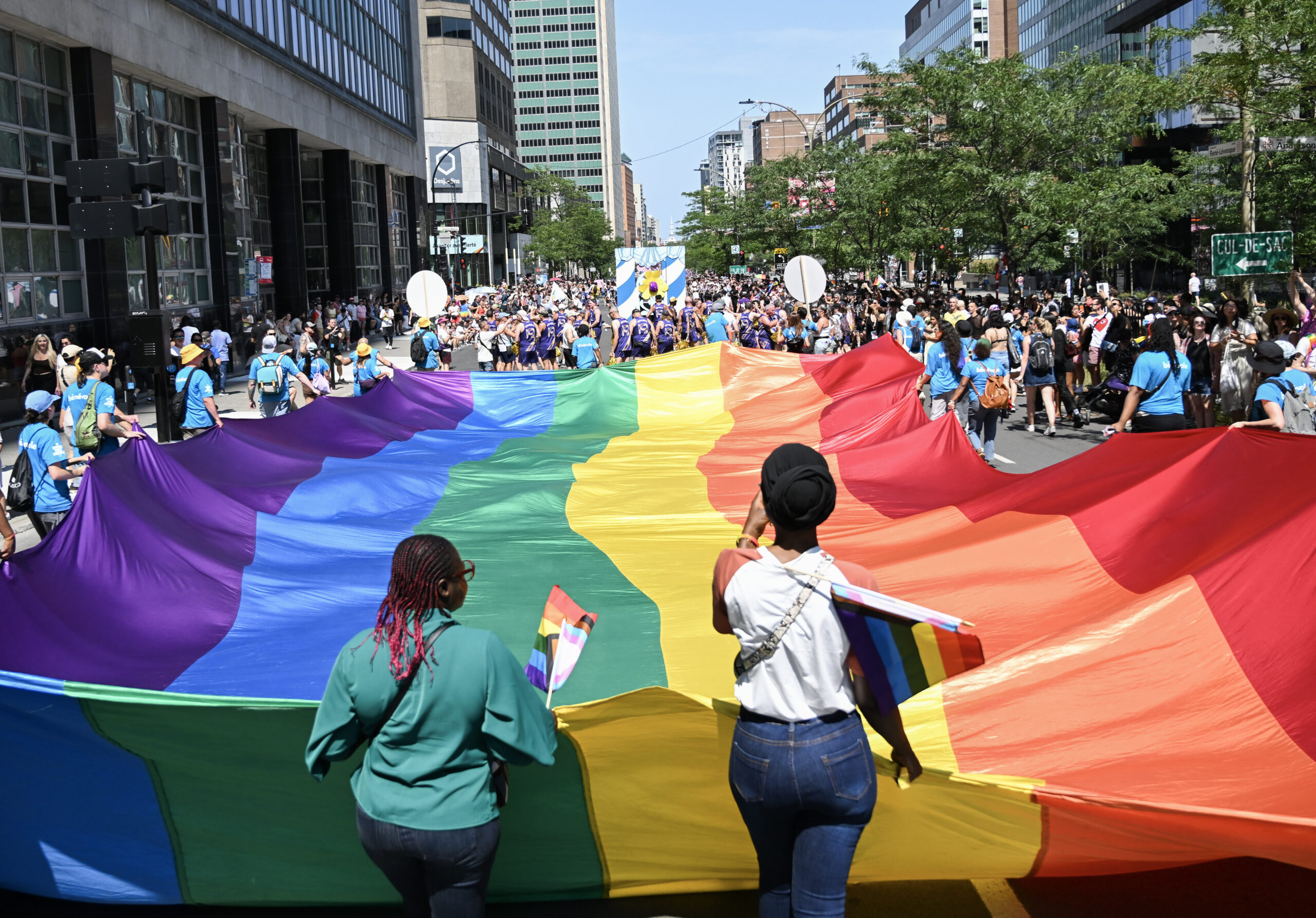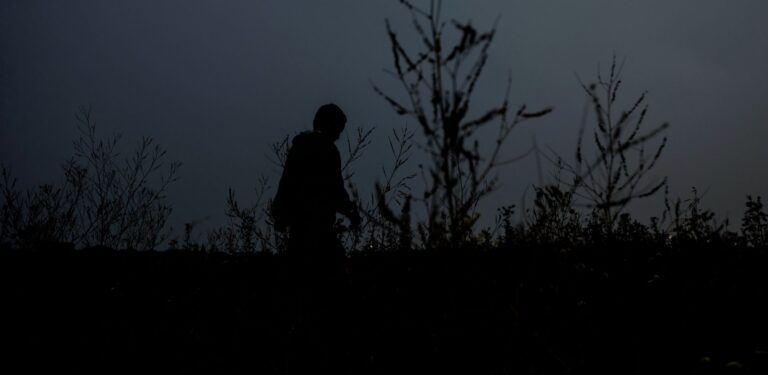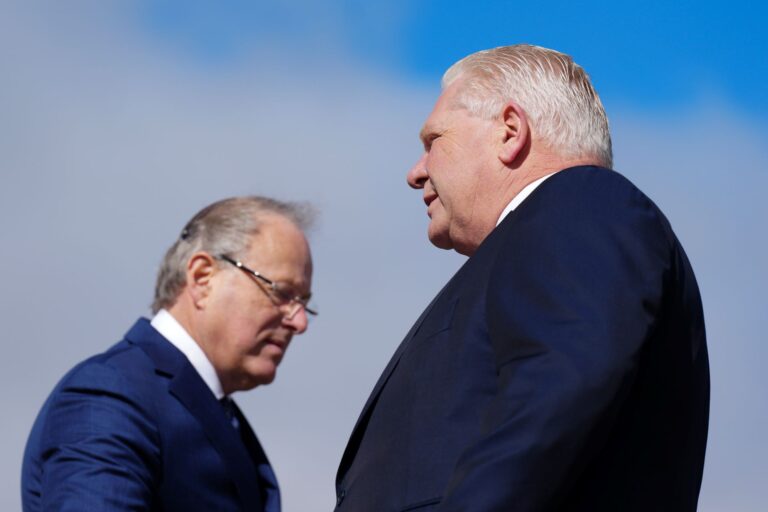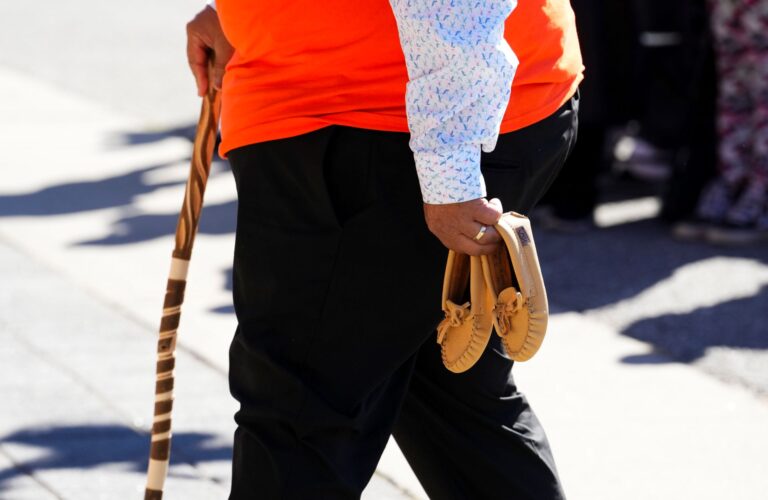This article is part of our series, Rethinking Canadian national unity, launched around the 30th anniversary of the Quebec referendum.
(Version française disponible ici.)
In the competition among regions within a federation such as Canada, political and social discourse often turns to LGBTQ+ issues to distinguish between a minority people and the majority.
This is the case in Quebec, where the province has long defined itself by its progressiveness toward LGBTQ+ communities compared to the rest of Canada, which is often portrayed as more conservative on these issues.
On the 30th anniversary of the 1995 Quebec referendum, it seems relevant to revisit the role the LGBTQ+ movement has played in Quebec nationalism – and how those ties are becoming more complicated, or even beginning to unravel.
The 1995 referendum on Quebec sovereignty was a pivotal moment for the nationalist movement in Quebec and for the Canadian federation more broadly. But long before the vote, several points of contention had weakened relations between Quebec and the rest of Canada.
These tensions affected LGBTQ+ communities and shaped their ideological proximity to the sovereignty movement in Quebec – even if this history is rarely invoked when the sovereignty debate resurfaces.
Trudeau, the state, and the bedroom
Pierre Trudeau’s tenure as prime minister was marked by two significant and contradictory events for LGBTQ+ communities in Quebec: the decriminalization of homosexuality and his use of the War Measures Act during the October Crisis in 1970.
In 1969, the Trudeau government decriminalized homoerotic acts between men, famously arguing that “the state has no place in the bedrooms of the nation.” This reform was part of a sweeping omnibus bill that also introduced The Official Languages Act assuring equal rights and privileges for both French and English in federal institutions. These two seemingly unrelated laws reflected Trudeau’s vision of a centralized Canada where diversity and modernity would foster a sense of belonging.
But this vision met strong nationalist resistance in Quebec, where many rejected this Ottawa’s centralizing ambitions and sought a Quebec that controlled its own institutions protected the French language and, ideally, exercised political sovereignty.
Several political organizations promoted this vision at the time. One of them, the Front de libération du Québec (FLQ), committed two unprecedented acts: the murder of Pierre Laporte, Quebec’s labour minister, and the kidnapping of James Cross, the United Kingdom’s trade commissioner in Quebec.
The rest is history. Trudeau invoked the War Measures Act, suspending civil liberties and giving the army and police powers to detain without charge anyone suspected of sympathizing with the FLQ. What is less known is that these extraordinary powers were also used against sexual minorities in Quebec.
This harsh repression made it difficult to separate tensions between Quebec and Canada from gay and lesbian activism within francophone communities. It helped give rise to the Front de Libération Homosexuel (FLH) in 1971, where founding member Pierre Vallières became a prominent figure in the gay rights movement of the 1980s.
The resemblance between the names of the FLQ and the FLH was intentional: the gay and lesbian movement of the time sought to associate itself with Quebec nationalism. Of the seven Parti Québécois (PQ) candidates elected in the party’s debut in April 1970, two were gay: Claude Charron and Guy Joron.
For decades the PQ – long the political expression of Quebec nationalism – positioned itself as progressive compared to other parties. In 1977, the PQ government introduced Quebec’s Charter of Human Rights and Freedoms, banning discrimination based on sexual orientation for the first time in Canada.
This alliance between the LGBTQ+ and nationalist movements was later reinforced at the federal level by the Bloc Québécois, notably through MP Réal Ménard, who represented the Hochelaga riding – home to Montreal’s Gay Village – from 1993 to 2009.
Fraying old alliances as new ones are forged
This historic link between Quebec nationalism and sexual diversity has long helped define Quebec as more progressive than the rest of Canada. But the link is showing signs of strain.
The federal Liberal government under Justin Trudeau significantly improved the LGBTQ+ movement’s relationship with Ottawa. The Liberals banned conversion therapy, prohibited discrimination based on gender identity and expression, appointed a special adviser to the prime minister on LGBTQ+ issues, and created a dedicated secretariat.
Combined, these moves helped reshape the relationship between Quebec’s LGBTQ+ movement and the federal government.
Quebec, meanwhile, has stagnated in terms of LGBTQ+ inclusion – most notably with regards to trans rights, which have become the focus of reactionary political discourse gaining traction in the province. Whether this proves to be temporary or the start of a broader trend is unclear without more data, but it suggests that the relationship between the nationalist and the LGBTQ+ movements in Quebec is changing.
Like the rest of Canada, Quebec seems to be getting dragged into the culture wars spilling over from the United States, with “wokeness” on one side and an increasingly unapologetic (and sometimes hateful) social right wing on the other.
A new political era is taking shape as new alliances are forged.
A nation is only as strong as its democratic values
Thirty years after the referendum, it is worth remembering that national unity is rooted not only in the division of powers between Quebec and Canada. It also lies in the dynamics between majority and minority populations, where identity plays a central role.
A nation – federation or not – is only desirable if it rests on strong democratic values: the rule of law, respect for human rights, political participation, transparency, and accountability.
The erosion of these values reveals that national unity cannot be achieved by excluding part of the population or applying democracy selectively. Doing so jeopardizes the very purpose of any national project.
Let us hope that in Quebec’s next election, political parties will still want to compete on progressiveness, not rejecting the very values that have long shaped Quebec’s public identity.
Progress remains essential to how we define ourselves collectively. It reflects our ability to accept new social realities and to move forward by truly embracing them. Quebec has long considered itself a distinct society rooted in progressiveness and modernity. Moments like the anniversary call for remembering why.












